Sport
Dollar
38,2552
0.34 %Euro
43,8333
0.15 %Gram Gold
4.076,2000
0.31 %Quarter Gold
6.772,5700
0.78 %Silver
39,9100
0.36 %Congolese people mixing elements of traditional dressing with the modern European-style of dressing gave rise to what is known today as the 'sapeur culture.'
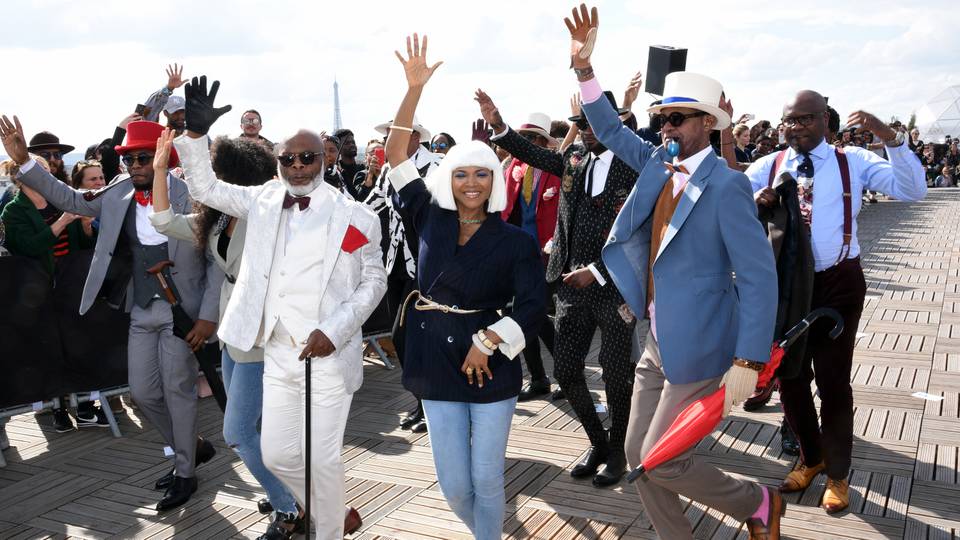
By Pauline Odhiambo
If you happen to visit DRC's capital Kinshasa or the neighbouring Brazzaville city in the Republic of Congo, you will most likely come across a good number of uniquely dressed men or women.
And by uniquely dressed here, we mean colourful head-to-toe outfits or nicely-fitting suits from world-renowned brands. And it doesn't matter where you are walking or driving – from downtown streets to the informal settlements – it is almost guaranteed that you will spot this group of eye-catching dressers.
To clear a possible confusion, the Democratic Republic of Congo and the Republic of Congo are two separate countries. DRC was under Belgian colonial rule, while Republic of Congo was under French rule.
DRC's capital is Kinshasa and the Republic of Congo's capital is Brazzaville.
Another interesting fact is that the two capital cities are separated by a 7-kilometre stretch of the Congo River.
Historians trace back Congolese people's unique dressing to the 1920s, when both Congo nations were under foreign rule.
While sections of the community championed coordinated resistance against the foreign rulers, a certain group – both in Kinshasa and Brazzaville – decided to step up the gear by dressing like the colonial rulers.

And this group of people were not random Congolese persons, but servants hired by Belgian and French nationals.
Put differently, it was more of "yes, you are the boss, but I can dress up, and act like you."
The servants accumulated their little pay to buy the western clothes, while some, who happened to be posted for work in Belgium or France, returned to Congo with clothes given to them by their masters.
"Sape means the society of ambianceurs and the elegant people," says TikTok user St Germain de Londres.
In French, ambianceurs are the people who warm a crowd at a party or gathering.
"Some ever wear thick winter jackets and winter boots in a country or continent where thick winter jackets & winter boots are never needed," comments another Tiktok user.
Historians have documented that dressing up was a subtle form of activism by the Congolese people. As years rolled on, the sharp dressing gained popularity among different groups of the Congolese society.
Creativity was also taken a notch higher, with some Congolese people mixing elements of traditional dressing with the modern European-style of dressing, a blend that gave rise to what is known today as the "Sapeur culture."
The Congolese people call it La Sape to mean "dressing with class."
Though unwritten, the dressing culture represents self-expression, heritage and individuality. And this uniqueness can come in the form of bright fedora hats, fancy waking canes, showy haircuts, colourful suits, crocodile skin shoes, and designer clothes.

It is also documented that a sapeur can be living in a house whose monthly rent is 50 US dollars, but saves up to occasionally buy designer clothes and shoes whose price tags are on the upwards of 300 US dollars.
"The (sapeurs should) save and invest their money instead of wasting it on designer clothes," says M. G Evie on Tiktok.
But many sapeurs say the goal is simple: to be a symbol of defiance in the face of adversity.
Others say, it is an obsession, and quitting the culture is never an option. The sacrifice they make on luxury outfits and imposing looks is money well spent.
The late Congolese Rhumba musician Papa Wemba is widely credited for popularising the La Sape culture. Actually, he once said La Sape is like a religion.
Papa Wemba was consequently nicknamed "le Pape de La Sape" to mean "the father of the sapeurs".
➤Click here to follow our WhatsApp channel for more stories.
Comments
No comments Yet








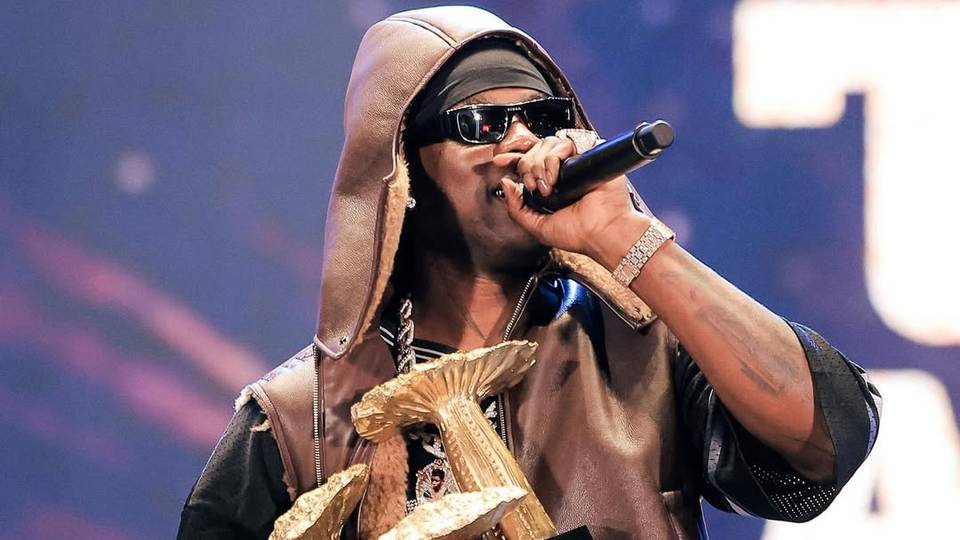
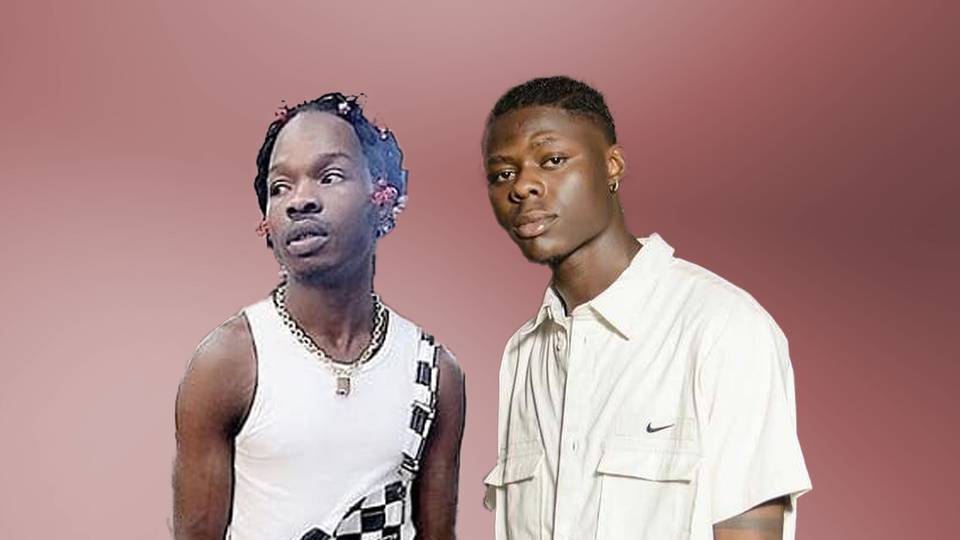
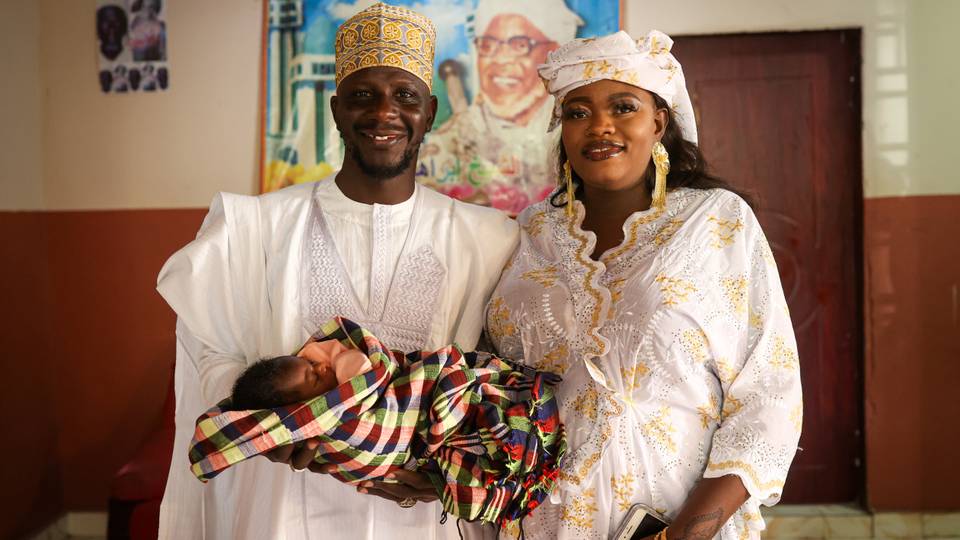
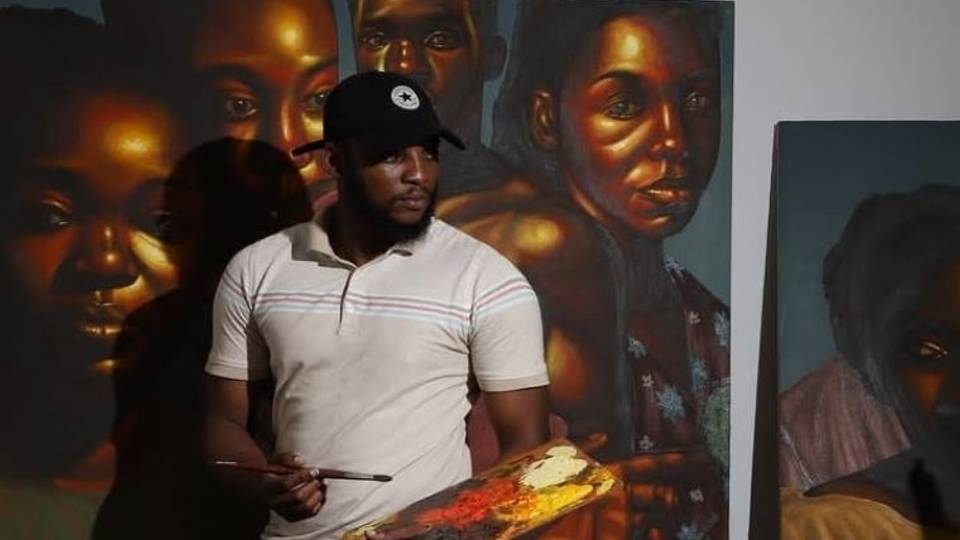








Comment